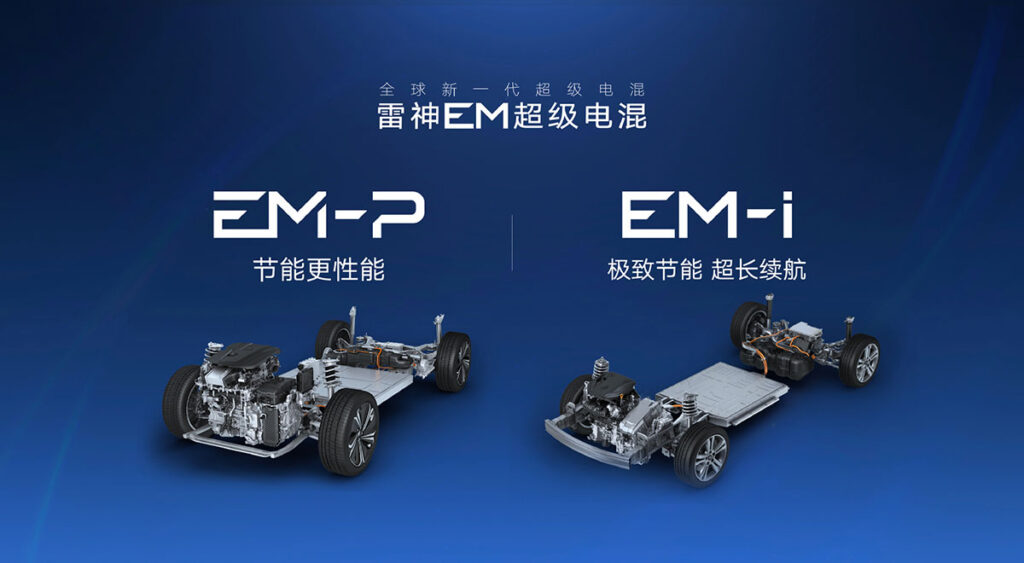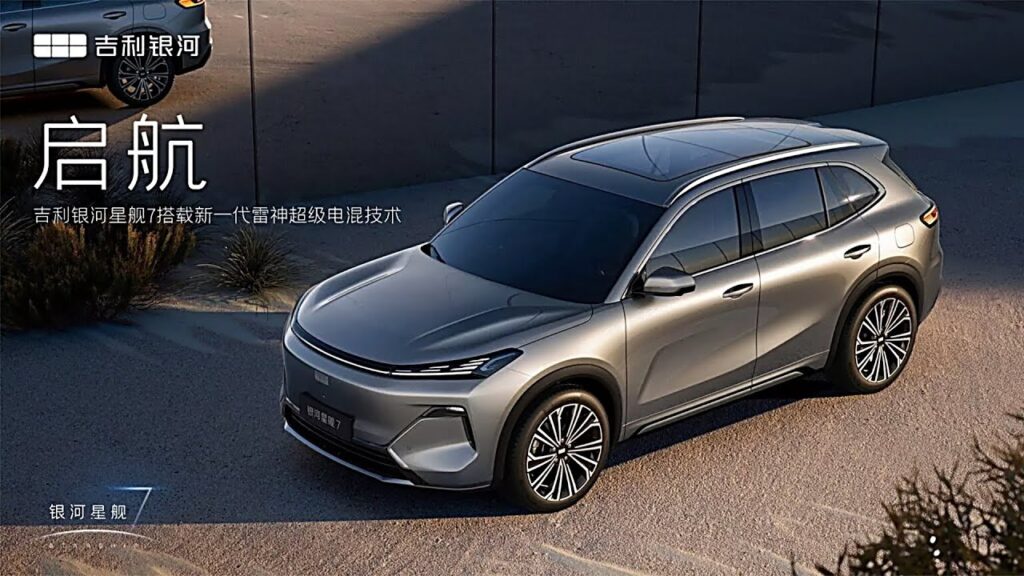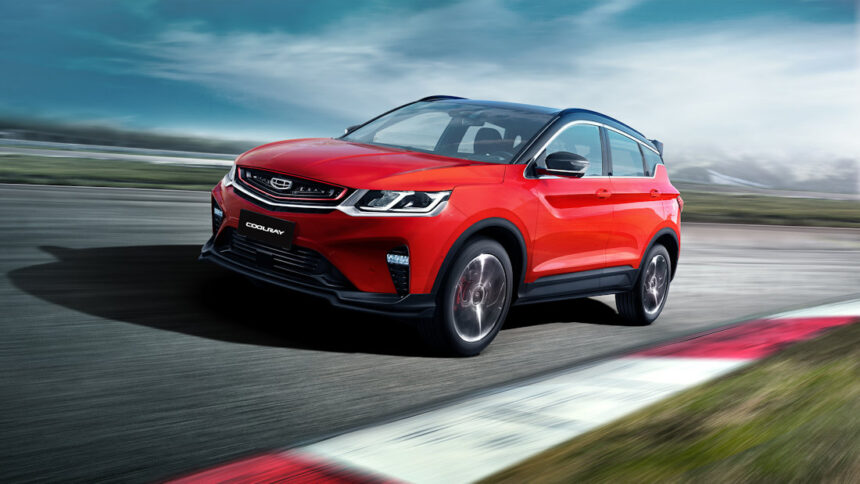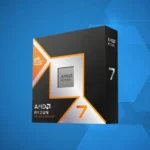On Wednesday, China’s Geely Automobile Holdings unveiled its latest hybrid technology, highlighting improved fuel efficiency and driving range that outshine those of its competitor, BYD, the local plug-in hybrid leader.
Geely’s new Leishen EM-i technology boasts an impressive fuel efficiency of just 2.62 liters per 100 kilometers (about 62.1 miles) and a remarkable combined range of 2,390.5 kilometers when using both gasoline and battery power, according to media tests.

In comparison, BYD’s latest plug-in hybrid system, launched in May, has a fuel consumption rate of 2.9 liters per 100 kilometers when the battery is depleted and offers a driving range of 2,100 kilometers with a fully charged battery and a full gas tank.
The first vehicle to feature Geely’s hybrid system is the Galaxy Starship 7 crossover, which can achieve a fuel consumption rate of three liters per 100 kilometers in real-world tests. Additionally, Geely plans to implement its Leishen hybrid technologies in Renault, Volvo, and Lotus cars.

As Geely pushes to catch up with BYD in the fiercely competitive Chinese auto market, the race for better hybrid fuel technology is heating up. With the country’s sluggish economy affecting electric vehicle sales, improving hybrid options has become crucial.
According to industry data, in the first nine months of this year, BYD led the way in China’s EV and plug-in hybrid sales, capturing a significant 34.6% market share. Geely, in contrast, held second place with just 7.4%, while Tesla followed closely behind with a 6.5% share.
In the July to September quarter, BYD set a new sales record, thanks largely to a remarkable 76% increase in plug-in hybrid sales, which totaled 685,830 vehicles, according to calculations from Reuters based on the company’s monthly data.









